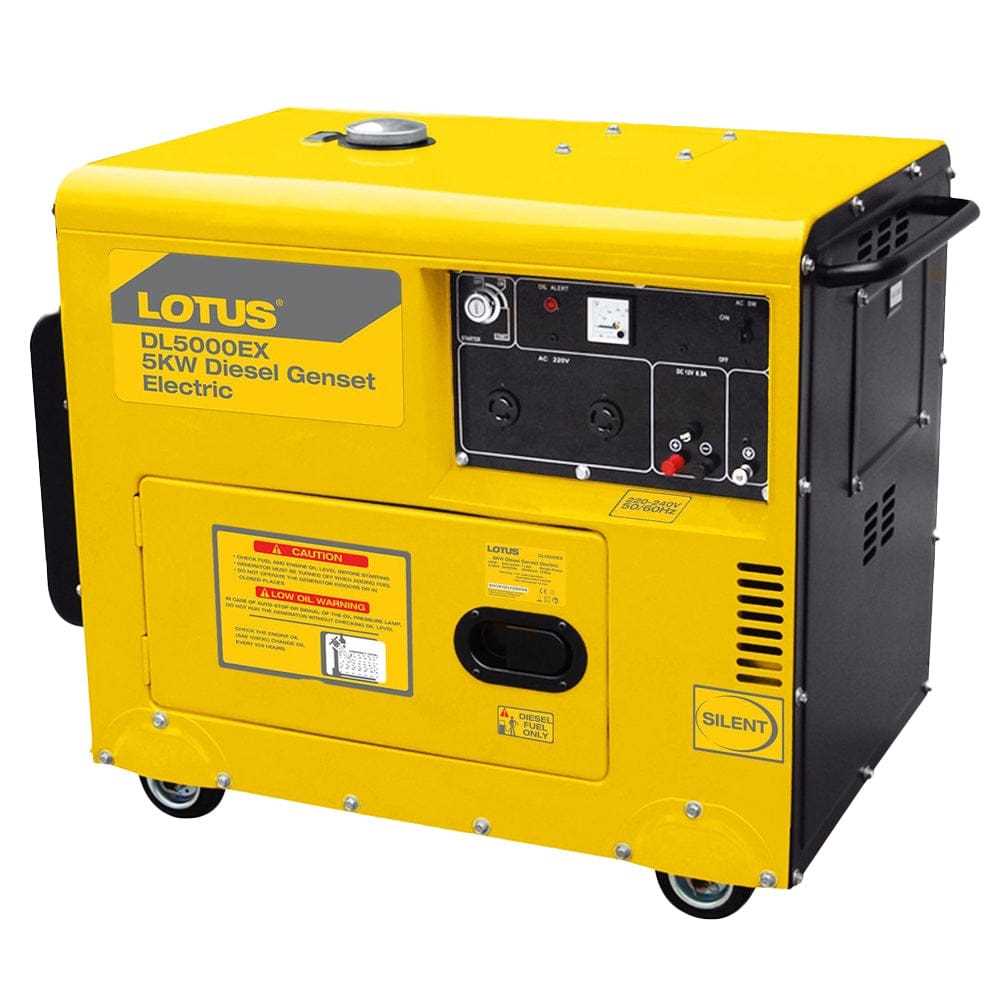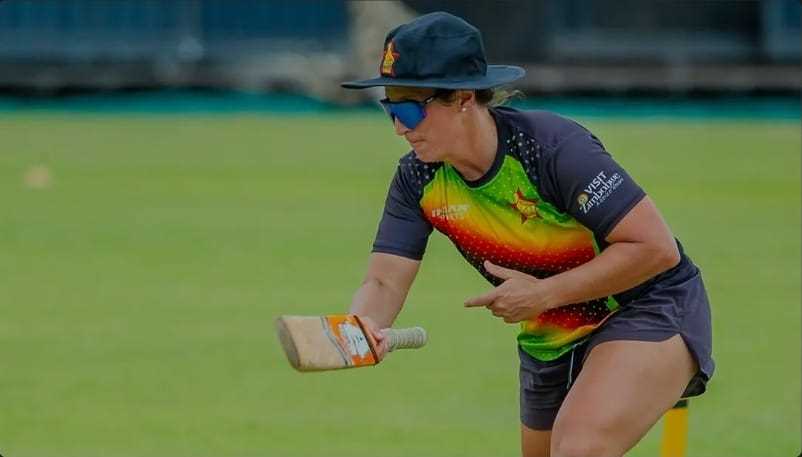
Nyashadzashe Ndoro
Chief Reporter
The High Court of Zimbabwe has delivered a judgment in a claim over attached property, involving a motor vehicle and a generator. The claimant, who is the wife of the judgment debtor, had laid claim to the two movable assets, which were attached by the Sheriff of the High Court in execution of a judgement debt. In his judgement, Justice Evangelista Kabasa ruled that the claimant had failed to prove ownership of the motor vehicle, a Chevrolet Trail Blazer, and therefore dismissed her claim to the vehicle. However, the court granted the claimant's claim to the generator, declaring it not executable.
The judgment debtor had obtained a judgment against the claimant's husband, which was confirmed by the High Court. The judgement creditor then sought to recover the debt by attaching the motor vehicle and generator, which were found at the matrimonial home. The claimant argued that she was the owner of the two movable assets, having purchased them separately from her husband.
She produced a registration book for the motor vehicle and an Agreement of Sale for the generator, which was entered into in 2015. However, the judgement creditor argued that the claimant had failed to provide sufficient evidence to prove ownership of the motor vehicle, and that the Agreement of Sale for the generator was a forgery. In his judgement, Justice Kabasa held that the claimant had not provided sufficient evidence to prove ownership of the motor vehicle, beyond producing the registration book.
Related Stories
The court noted that the claimant could have provided more details about the purchase of the vehicle, such as when it was bought and from whom. Regarding the generator, the court held that the Agreement of Sale produced by the claimant was authentic and proved that she was the owner of the generator. The court rejected the judgement creditor's argument that the agreement was a forgery, noting that there was no evidence to support this claim.
"That said, I am satisfied the claimant has managed to prove, on a balance of probabilities, that she is the owner of the generator," the judge ruled.
"As regards costs, both parties have been partially successful. The claimant has been successful on her claim as regards the generator whilst the judgment creditor’s opposition succeeds as regards the motor vehicle.
"Costs are at the discretion of the court. What is important to note is the fact that these proceedings were necessitated by the claimant who laid claim to the two movables. But for her claim the applicant and the judgment creditor would not have been dragged to court. The judgment creditor’s objection to the claimant’s claim has been partially vindicated.
"Since the claimant partially succeeded, I am of the view that punitive costs are not warranted. There is nothing about her conduct which is deserving of censure. However the claimant must pay the applicant and judgment creditor’s costs for reasons already alluded to."
The court ordered that the motor vehicle be declared executable, while the generator was declared not executable. The claimant was also ordered to pay the costs of the applicant and the judgment creditor on a party and party scale.




















Leave Comments